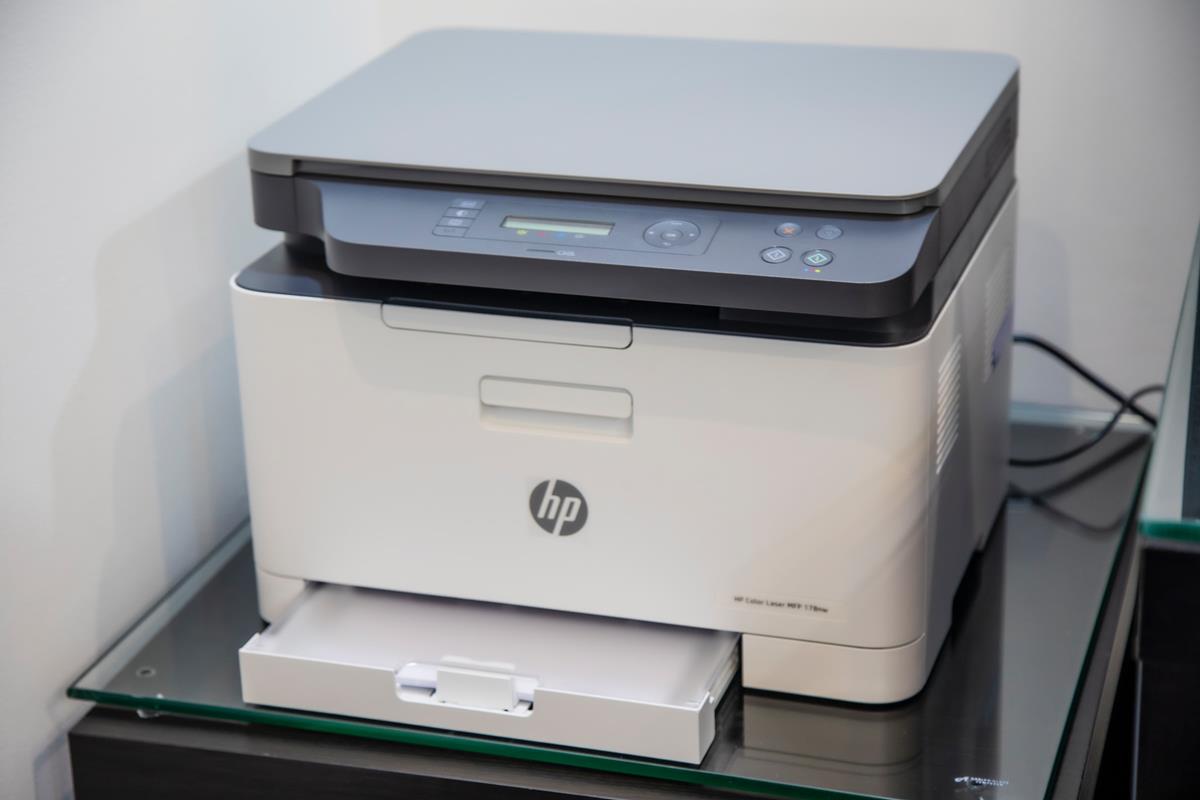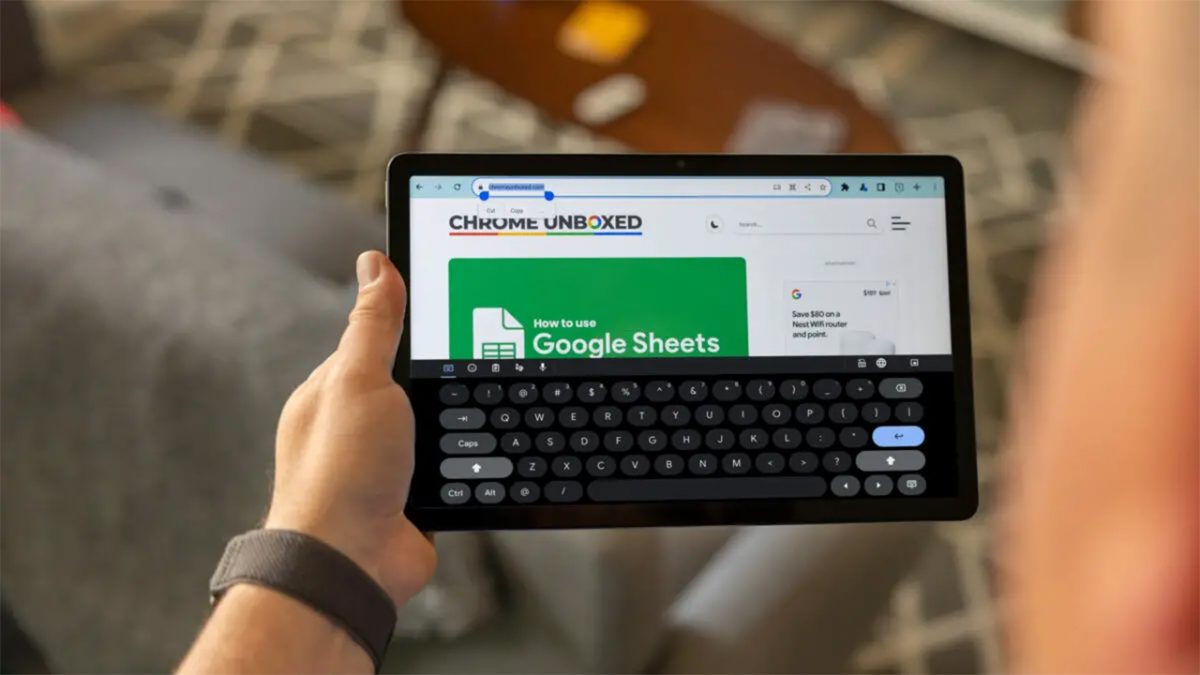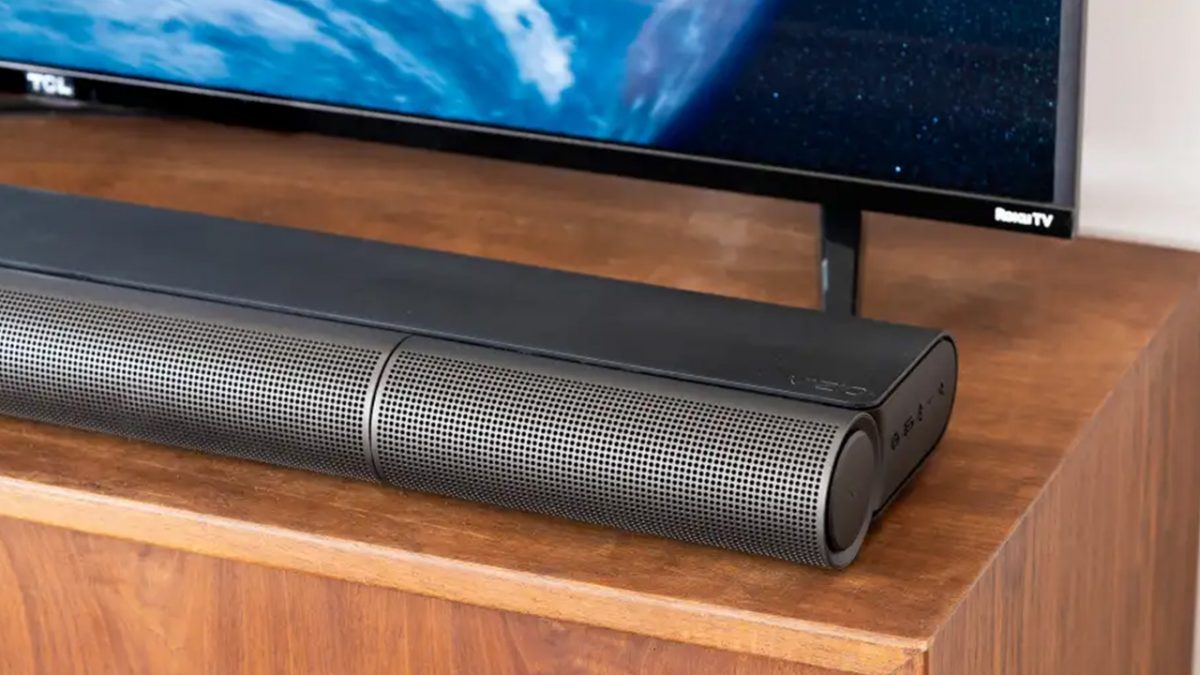When will the Have-Not's Get PCs and Internet at Home?

It's been announced that US government is about to expand its scheme to get broadband and PCs into low-income households across America. It's a similar scheme to others that have been run and that continue worldwide. As part of the deal Microsoft will provide $250 laptops and desktops pre-loaded with Office and Redemtech will offer refurbished PCs for $150.
This still doesn't hit the magic price point of $99. This is the point at which something drops to the magic 'obtainable' price and hearts and minds are won.
You might think then that mass-producing these devices would inevitably drive manufacturing costs down. It's not quite that simple though as it also emerged today that the new $79 kindle actually costs $84 to make, with Amazon set to make the extra money back through books store sales.
The mark-up on the price of the iPad also isn't great when you factor in the distribution and retailer costs. The raw components for technology are, in some cases, becoming harder to mine and some costs are going up, not down.
You might think then that what we really need is a push back to slightly older, some might say "tried and tested" technology that genuinely is cheap as chips to manufacture to help push it into the homes of low-income households worldwide. But issues around supply and manufacture will always make this technology just as expensive to produce as a new invention as they are all made from the same raw components.
The problem is though that millions of children worldwide are missing out of the educational benefits that computers and the Internet bring. Pensioners around the world are continuing to be isolated because of the lack of Internet communications and don't have access to online shopping services that can help them.
The US government said today that last year the number of Americans with broadband at home rose to 68%. I don't know what you think but when compared to some scandanavian and far-eastern countries this is pretty pathetic. It's a number shared by too many developed countries however and in the developing world we're often looking at single digit percentages.
What's need is a greater effort and a greater subsidy to help low-income households around the world get a computer of some description and a broadband connection at home, and to make sure that every child has easy access to both. In a time when the budgets of world governments are being stretched, and household budgets are being stretched further, the gap between the have's and the have not's is widening faster than ever before.
In a report by USA Today, FCC Chairman Julius Genachowski said "In this difficult economy, we need everyone to be working together on solutions, Broadband is a key to economic and educational opportunity and these kinds of commitments to close the digital divide are powerful."
Never was a truer word said. Now let's see if world governments are prepared to do anything about it.
Advertisement




















Great article. The “Digital Divide” as it used to be called was a big subject for a few years and that’s tapered off significantly. At the same time, any focus on improving education has dimmed in light of various budget cuts everywhere.
I do think that Freeware and other tools discussed here are a great way to enable people who are not necessary sit-in-a-classroom people to interact with software and learn how to use it, tweak it, and improve it. Those are good skills and usable anywhere.
There are currently some large downtown areas providing wide-area wireless access programs for cheap — I hope more of those become available for rural and low-income areas.
Raspberry Pi with linux. That is all.
Since it is much easier to own and control ignorant and isolated individuals than it is to do so with educated groups who can communicate, and since most governments are controlled either by corporations eager to dupe the masses, or power-hungry sociopaths with the same general aim, the likelihood that governments will make it easier to communicate and to be educated is inversely proportional to the prevalence of corporations and/or dictators in the nation in question.
In other words, they’d rather keep us isolated and in the dark.
You call it cynicism; I call it realism, based on six decades of observing the human condition.
I disagree and think perhaps you’re not cynical enough. I think the Internet is just another tool with which corporations or governments will seek to dupe the masses. I think that those who sincerely seek to communicate and be educated will do so with or without help from the government and the isolated and ignorant will continue to be controlled with or without the Internet.
Mike had it right in the first sentence; scheme.
Please excuse me while I tighten my tinfoil hat.